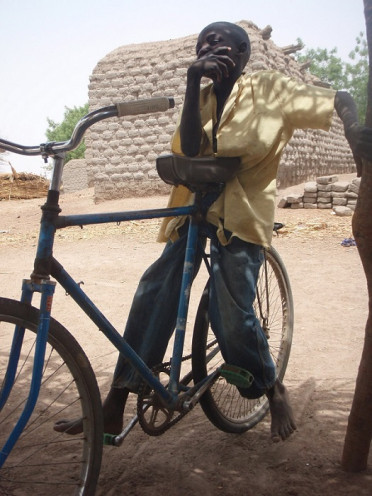Attitudes towards children
Does the family environment influence children’s futures and behaviour toward children?
Because of how extended and complex they are, family structures and networks in sub-Saharan Africa are often thought of as institutions that enable people to cope with vulnerability and diminish the impact of inequalities and sudden adverse economic and family events, as they allow for redistributing the costs of taking care of individual members.
Does this mean that wellbeing and outcomes for children are independent of the family configuration they are a part of? Or do attitudes toward children differ by family network and the individual child’s place in that family?
The project examined the influence of family environment on behaviours toward children in different ways and in connection with different aspects: access to resources; relational network density as a brake on individual decision-making; the role of extended networks in diffusing new behaviours; the strengthening of the conjugal unit and parental investment in the child.
The analyses focused on several phenomena: child mortality, schooling, child mobility, female genital mutilation, and civil registration of births. The influence of religious membership was also taken into account.
Some findings
Schooling and mobility in childhood
Family environment and child survival
Civil registration of births
Hertrich V., Rollet C., « Birth registration and family structure. A case study in Mali », IUSSP International Population Conference, Busan (Corée du Sud), 26-31 août 2013.
PPT_Fr, PPT_Eng, Communication
Religious membership
Dasré A., Hertrich V., « How to measure religious plurality and mobility in Sub-Saharan Africa? Lessons from a longitudinal survey in rural Mali », ISA World Congress of Sociology, Yokohama (Japon), 13-19 juillet 2014
PPT_Fr, PPT_Eng, Communication_Fr, Paper_Eng
-
 Photo Slam, Ined
Photo Slam, Ined
